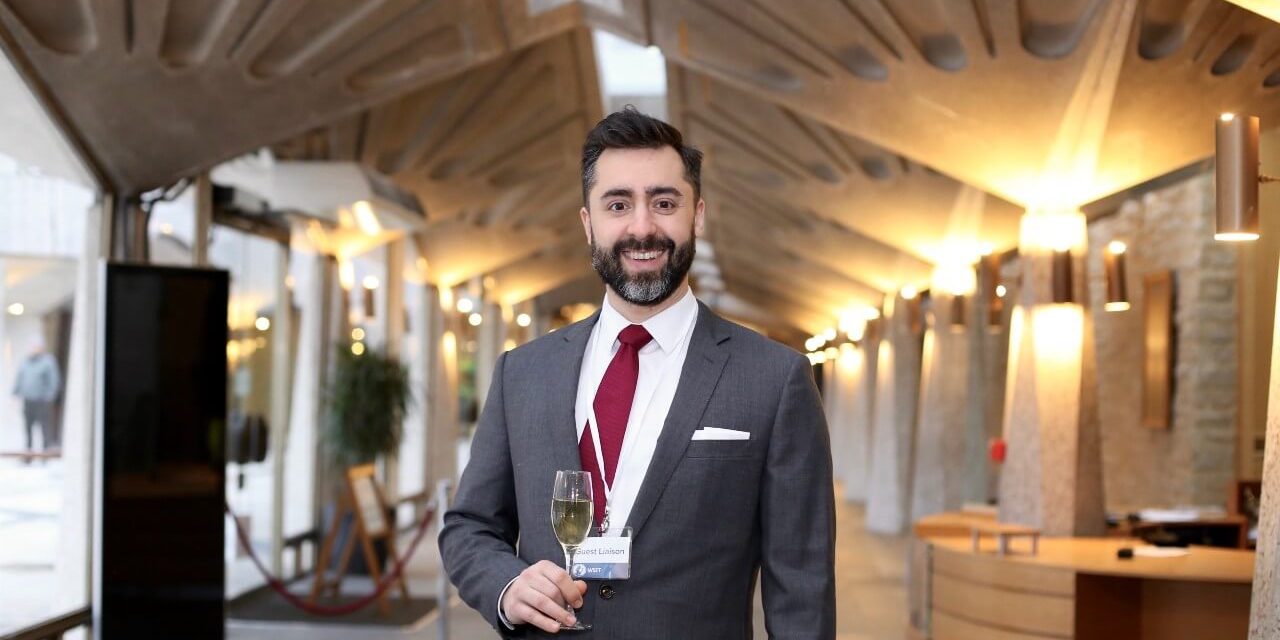by Dave Rudman | Business Development Director USA, WSET
There is a common misconception in bar and restaurant businesses. I can tell within a minute whether a business subscribes to this misguided notion. I see it in the way the hostess behaves, the sommelier speaks to guests, and the bartender mixes their drinks.
This misconception is about making money, but it isn’t about HOW you make money. You make money by selling goods and services, but what few restaurant businesses understand is WHEN you make money.
Most think, “I make money when I’m open for business, especially on the busiest days, at the busiest times.” This is not when you make money. It’s when you collect it. In the restaurant business, you make money when the business is closed, on off-days, at off-times, because it is then that decisions are made about who you are and what you value.
Consider a common complaint that operators make, “my servers aren’t upselling.” Up-selling products can have a profound effect for a business’ bottom line. But in the heat of the moment, are you and your servers prepared to upsell? Do you know the premium options available? Are they even available? It’s hard to upsell a guest to a premium chardonnay by-the-glass if you don’t have one on your list! But just having it doesn’t mean you’re prepared to sell it.
Money isn’t made in the busiest times. Money is made when it is slow, when there is time to think, influence and invest in the proper training that will ensure you can collect every penny during the busiest days.
Here’s how to set the right tone to make money:
- Invest in training, for yourself and your staff. A higher level of product education will enable you and your business to thrive, as with superior knowledge come superior sales and customer service.
- Avoid attachment to brands. Stocking great brands is important, but knowing their founder’s history, or exactly where its unusual ingredients are sourced isn’t education, it’s marketing. Organizations like the Wine & Spirit Education Trust (WSET) provide objective education on drinks categories and processes that equips professionals with more than just superficial brand knowledge.
- Make learning a part of business culture. It should be inspiring, open to all and occur regularly. The culture will feedback into itself and staffers will start seeking more and more knowledge on their own time and bringing it with them to work.
- Lead by example. Learn alongside your new recruits, or if possible, teach them yourself. If you’re not up to teaching, use this to demonstrate the message that no-one should ever stop learning. Training programs attract and retain the best talent, who repay their investment again and again.
About Dave Rudman: Dave Rudman is a 10+ year veteran of the drinks business. Following a foundation in hospitality where he earned his Certified Sommelier credential, he spent 6+ years in sales management within the U.S. Distributor market, working with brands such as Diageo, Bacardi, Moet-Hennessy, William Grant & Sons and Constellation. While in hospitality, he earned his Certified Sommelier credential, before transitioning into distributor sales. He has been both a student and an educator for WSET, finishing his Diploma studies currently, and having previously established an APP at his previous employer, for whom he was the lead educator. Dave has written for several trade publications, including the United States Bartender’s Guild National Blog, and posts often to his own industry blog, drinkingthings.com.







